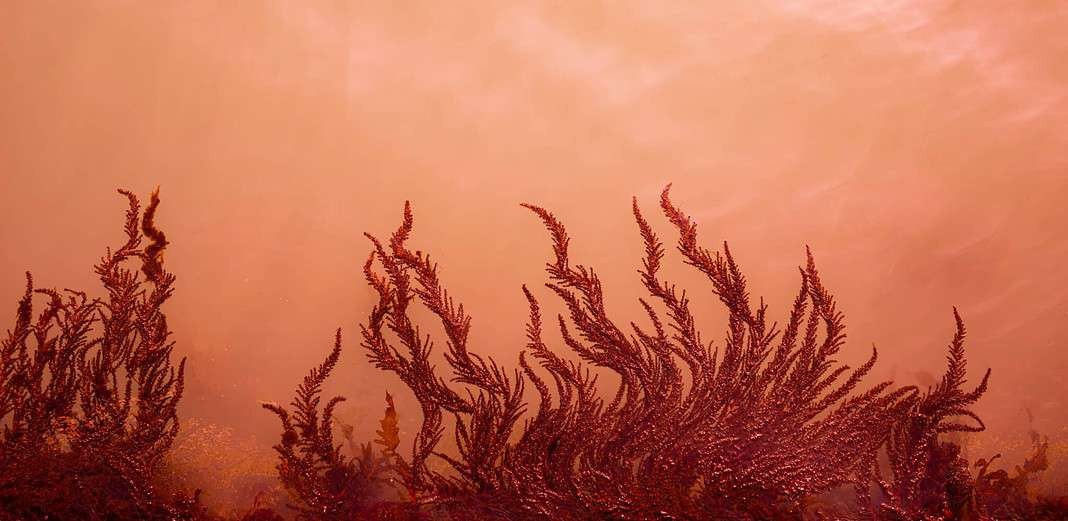New research has found harmful levels of algae bloom in the bull sharks of Florida’s Indian River Lagoon.
The researchers measured the level of phycotoxins that are produced by algae and can travel through various levels of the food web.
The research was conducted by scientists from Florida Atlantic University’s Harbor Branch Oceanographic Institute in collaboration with the Florida Institute of Technology and the University of Connecticut. They found that the biological integrity of the lagoon will begin to degrade if the current environmental pollution trends carry on.
Commenting on the findings, senior author and director of the Fish Ecology and Conservation Lab at FAU Harbor Branch Matt Ajemian said:
“Due to their ecology within the Indian River Lagoon, including residence during early life stages and use of distinct regional areas, bull sharks in the system served as an appropriate sentinel species to survey toxins. In addition, the integrative nature of using gut contents of an upper-level predator for assessment of toxin presence, allowed us to identify toxins in several lower trophic species, including stingrays, catfishes and mullet.”
While the corresponding author, former field technician and marine science and oceanography graduate student at FAU Harbor Branch Michelle Edwards added:
“The presence of one or more phycotoxin in 82 percent of the bull sharks sampled in our study and their prey items highlights the potential threat of toxic algae to the Indian River Lagoon ecosystem and surrounding human populations that may consume the same prey species. Mullet are distributed throughout the Indian River Lagoon and migrate to offshore areas to spawn between September and December each year, a similar pattern to seasonal offshore movements by young bull sharks that spend time in offshore areas between October and March each year.”
You can find the original study here.

